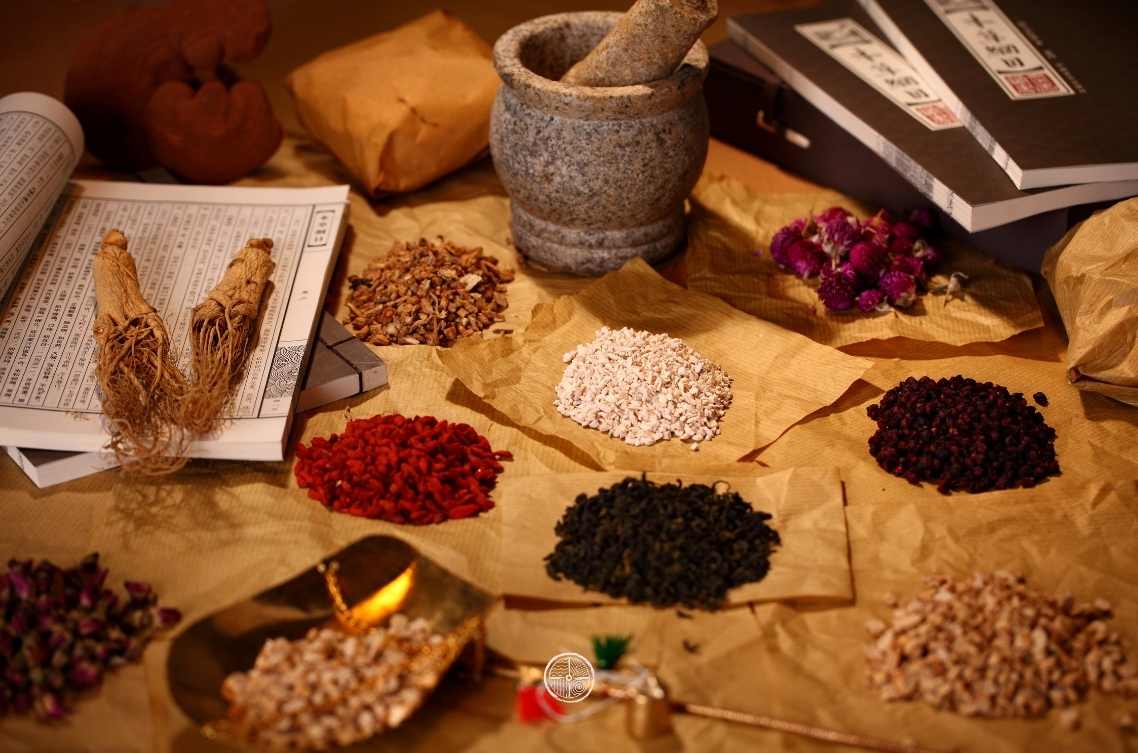Naturopathy

Naturopathy is one of the most ancient healthcare practices. It amalgamates scientific knowledge with natural forms of medicine. Naturopathy relies on the healing power of nature by stimulating the human body’s ability to heal itself. Naturopathy follows the science of disease diagnosis, treatment, and cure using natural therapies which include dietetics, botanical medicine, homeopathy, fasting, exercise, lifestyle counseling, and detoxification. It also includes alternate therapies like clinical nutrition, hydrotherapy, spiritual healing, and disease prevention.
Principles behind Naturopathy
- Self-healing is identifying and removing obstacles on the road to recovery and making way for the body to heal naturally.
- A naturopathy doctor does not just treat just the underlying symptoms. A naturopathic doctor resolves underlying physical or mental problems by treating the body, mind, and spirit.
- Naturopathy treatment plans do not have harmful side effects or show negative symptoms.
- A naturopathic doctor provides holistic medicine by recognizing the patient’s individuality to treat all aspects of health effectively.
- Naturopathic doctors educate self-care during treatment to help empower people against ill health.
- Naturopathy is an excellent way to remove toxic substances from a person’s lifestyle to prevent problems from arising in the future.
History of Naturopathy
Naturopathy dates back approximately 150 years. Even though some of its practices have been used for many centuries. It draws upon the writings and practices of Western and Eastern doctors from the time of Hippocrates. Modern naturopathy healing traditions date back to the 18th and 19th centuries where its underlying belief that the body has the innate wisdom to resist disease and has an inbuilt mechanism to self-regulate and recover from disease, is quite identical to Ayurveda
19th-century researchers Antoine Bechamp and Claude Bernard confirmed that the state of the body’s inner terrain was paramount for a healthy body. The internal factors which they focussed on were alkalinity, and the external factors were good nutrition and effective elimination of toxins. At the turn of the 20th century, doctors and naturopaths were divided between the importance of a diet, lifestyle, and natural approach to healthy living, and those following the germ theory of disease.
Naturopathy became extremely popular throughout the 18th, 19th, and early 20th centuries. Naturopathic doctors like JH Kellogg, Arbuthnot Lane, and Thomas Allinson played a major role in educating the masses about the benefits of cleanliness and healthy living.
Naturopathy in India
The revival of Naturopathy in India took place with the translation of Louis Kuhne’s book New Science of Healing from German to Telugu. The translation was done by Shri D. Venkat Chelapati Sharma in 1894. Later it was translated into Hindi and Urdu languages by Shri Shroti Kishan Swaroop in 1904. This move gave Naturopathy wide popularity.
Another book – Return to Nature by Adolf Just inspired Gandhiji. This made him a firm believer in Naturopathy. Gandhi wrote several articles about Naturopathy in his newspaper Harijan. Gandhiji experimented with naturopathy cures on himself, his family members, and members of his ashram. He also influenced other leaders like Shri Morarji Desai, Ex-President Shri V.V Giri, Acharya Vinoba Bhave, Ex-Governor of Gujarat Shri Shrimannarayanji, and Shri Balkova Bhave to follow this health movement. Indian Naturopathy movement primarily started in Andhra Pradesh, Gujarat, Bengal, Maharashtra, and Uttar Pradesh.
Use cases of Naturopathy
Naturopathic treatments might not be everyone’s first source of healing. It has often been seen that naturopathic remedies are chosen when traditional, and other alternative treatments are not effective.
Studies have found that naturopathy methods are more effective in treating:
- cardiovascular disease
- Muscular and skeletal issues
- type 2 diabetes
- polycystic ovary syndrome
- depression and anxiety
- chronic conditions
- Mental illnesses
Another review has found evidence that herbal medicines like devil’s claw, white willow bark, and cayenne can alleviate pain effectively. Evidence suggests naturopathic treatments like acupuncture can cure chronic disorders. Another review found that naturopathic treatments can help control post-op problems. Acupuncture and acupressure can reduce symptoms of vomiting and nausea due to post-op complications. Aromatherapy reduces pain, stress, and anxiety.
Benefits of Naturopathy
Naturopathy is known for its advantages and is applauded for its various modes of therapy. Naturopathy is accepted as an independent system of medicine and currently, there are dozens of educational institutions with degree courses in Bachelor of Naturopathy & Yogic Sciences.
- Overall Health – In Allopathy, treatments are prescribed for short-term relief from symptoms. Naturopathy focuses on the body as a whole and corrects the abnormalities in the body altogether by eliminating the root cause of the problem.
- No side effects – The chemicals in allopathy provide healing with negative effects. Naturopathy utilizes natural substances and treats with non-invasive procedures that are proven to be safe and create no side effects and are safe for the body.
- Best healing experience – While Allopathy involves pills, shots, and procedures naturopathy considers all factors – Psychological, Physical, and Spiritual for maintaining good health. It eliminates health problems and also corrects underlying imbalances and makes you feel energetic and healthy.
- Cost-effective – Naturopathy is better than taking regular medicines for common lifestyle-induced problems. It involves a healthy routine and nature’s magic. Naturopathy also saves a lot of money compared to surgeries and pharmaceuticals. It gives better results in long run at a lesser cost.
- Life-long effect – Naturopathy provides a new way of living your everyday life. It is a chance to restart your life on a rejuvenated healthy note. Following naturopathy treatment educates you about the best lifestyle, practices, and diet routine. Naturopathy is the chance to live long and prosper throughout your life.
Naturopathy today
Although medical science tried to squash naturopathy, science has also helped in resurrecting. Vitamins discovered by Eijkman and Hopkins in 1929 were found to be vital for humans as supplements. Since then the role of trace substances in human nutrition has been rigorously researched. The discovery of human enzymes and their dependency on essential nutrients is proof that organically grown, whole foods could have such a profound influence on health which is greatly stressed in naturopathy. Professor Roger Williams in 1955 Biochemical Individuality stated that everyone is an individual and is genetically and biologically unique. In his book, he stated that bad genes did not necessarily cause diseases and that nutrition and environment can trigger and influence the outcome. The effect of nutrition and environment on genes is now a proven fact.
Naturopathy is re-emerging in the 21st century as people becoming wary of modern medicine which only treats symptoms as it rarely addresses the cause of disease. Awareness of a healthy diet and lifestyle that is conducive to good health has urged people to take more responsibility for their well-being. This has resulted in them seeking out naturopathic cures and practitioners.
Naturopathy is the best of both worlds as it incorporates scientific advances in modern medicine and also remains true to its vitalistic approach. Modern naturopathy is an art as it blends advances in modern medicine with ancient traditions.
More Recent Stories



